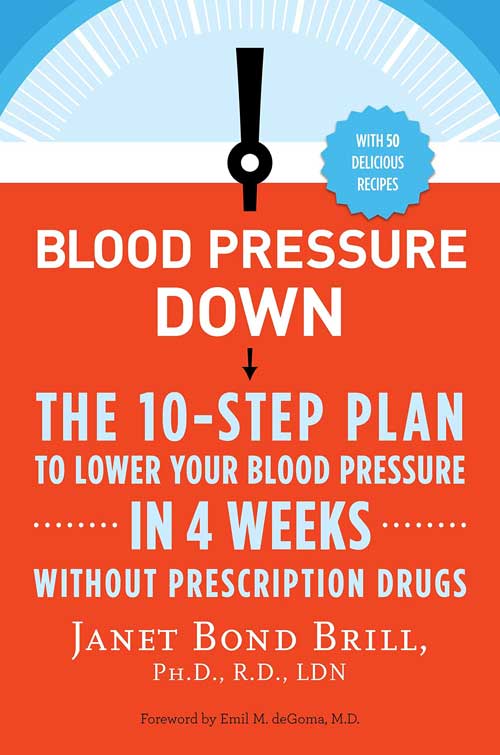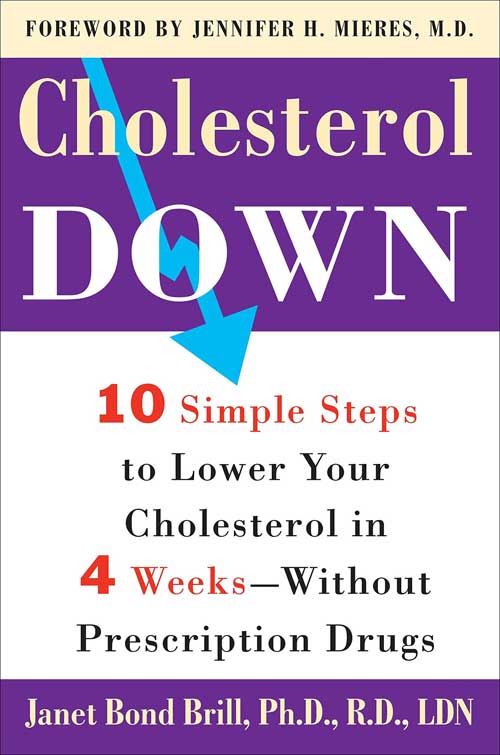By


By now, you”‘ve probably heard that nursing is one of the most rewarding career paths in the world. And it”‘s easy to see why, when nurses spend their days at work helping other people through some of the toughest times in their lives. Working as a nurse means that your patients are relying on you to provide them with the best standards of care, and much of the work that you do might be lifesaving. Nurses are often the first friendly face that patients see when they arrive at the hospital scared and in pain, and many nurses will be remembered by these patients for the rest of their life for the kindness and compassion that they gave.
Emotionally Rewarding
As a nurse, you know that the work that you do is meaningful. It”‘s far more satisfying than many other jobs on earth because you know that you have been able to make a difference to not only the lives of your patients directly, but also to their family and friends. There is no better feeling than knowing that you played a key part in helping a seriously sick or injured patient enjoy a full recovery and the relief and joy that this brought to the important people in their lives.
Nurses play a huge part in the healthcare system – in fact, we wouldn”‘t be able to have healthcare as we know it without them. If you are sick or injured, chances are that there is a kind, caring nurse ready to look after you and provide you with the support that you need that you are going through. As a nurse, being able to provide this kind of support to people and be remembered for your helpfulness and kindness in tough times often provides a level of personal satisfaction that”‘s difficult to achieve from anything else.
Socially Rewarding
Working in nursing not only means that you get the chance to meet new patients from all walks of life every day, but you”‘ll also be working with a close-knit team of likeminded people, who are all there to help others just like you. Many nurses and other healthcare professionals make some of their best friends at work, and it would be hard not to when you are spending long hours working the same shifts with the same people, and often going through some seriously scary and tough times with them before enjoying the rewarding feeling that comes from helping others together.
Nurses tend to be naturally supportive and caring people, so in this field, you”‘re going to be
surrounded by a lot of people who truly care about others – including you. Other nurses are going to be some of the best friends that you will ever make because they”‘ll always be willing to support you whether you need practical help or somebody to provide a listening ear if you”‘re going through a tough time.
Financially Rewarding
Most nurses don”‘t do their job for the money, but the truth is that there is a very generous salary up
for grabs. And as the demand for nurses rises due to a national shortage of healthcare professionals,
a global pandemic, and an aging population, there”‘s a high chance that nurses could soon be earning
even more. A registered nurse earns a national average annual wage of just over $75k, and there are plenty of opportunities to earn even more with career progression and specialization. In certain states, including Hawaii, Oregon, Massachusetts, and California, registered nurses can earn upwards
of $90-100k per year, putting them well above the national average. Nurses in New York, Alaska, New Jersey, Nevada, Connecticut, and Washington are paid over $80k per year. Nevada is often considered to be the best state for nurses to work, thanks to the fact that there is no state income tax on their salary.
Along with a much higher than average annual salary and the opportunity to earn even more in certain states, nurses also typically enjoy excellent career benefits. Many healthcare employers offer a wide range of perks for nurses including generous health and life insurance packages for them and their families, childcare options, tuition payment programs for career progression, and much more.
Career Progression
Another way in which nursing is highly rewarding for those that choose this career is the vast array
of options available for career progression. Nurses can choose to go sideways, upwards, or even work in a combination of nursing and other careers such as law or politics, with endless opportunities to consider. Ambitious nurses are spoiled for choice when it comes to where they want to take their career, with many different areas of healthcare available to specialize in, plus the opportunity to move up into management, executive, academic, research, and advanced clinical positions.
Once qualified as a registered nurse, most nurses will spend some time working in a general environment such as a hospital to figure out where their passions lie. From there, there are several training programs that you can choose from to become a specialist in a certain area of nursing that you are interested in the most. This could involve working with patients that have certain diseases, or working with a certain patient demographic, for example.
Nurses who like the idea of managing teams and overseeing operations in a healthcare facility might
want to consider moving up the ladder into nurse management or working as a nurse executive.
Generally, in order to qualify for a management position in nursing, you will need to have a certain
amount of experience behind you and have completed a Master of Science in Nursing (MSN), which
you can take online as you work.
After an MSN, the next degree option is a Doctor of Nursing Practice (DNP), which you can also find
online options for. You can use this degree program to further your career in nursing management,
pursue a career as a researcher, or move into the field of academia and education to teach the next
generation of nurses. You can find MSN to DNP programs online at Marymount University.
High Demand
Nobody likes the idea of graduating from college only to struggle to find work in their chosen field.
Thankfully, those who choose to study nursing will never have to deal with this problem. Everywhere
you go, nurses are always needed twenty-four hours a day. As a result, newly qualified nurses might
already have work lined up for them with the employer that provided their clinical work placement
or be able to find work almost straight away after graduating and getting the appropriate state
licensure.
The high demand for nurses extends all around the US and even worldwide. Because of this, finding
work as a nurse if you want to relocate or spend some time traveling and working at the same time
has never been easier. There is also the option to work as a travel nurse, which involves signing up
with an agency that will find you work in various areas of the country where nurses are needed.
Travel nursing is an excellent way to gain a wide range of experience and can be ideal for nurses who
want to see more different places, work in different settings and avoid being tied down for a while.
In addition, the demand for nurses abroad is also quite high. Although you may need to take
additional qualifications depending on the country that you plan to move to and work in, qualified
nurses are often welcomed with open arms as valuable immigrants.
How to Become a Nurse
If you want a highly rewarding career in almost every aspect, nursing could be ideal for you. The fact
that nurses are universally needed means that you can do this job almost anywhere you go, at any
time in your life. When it comes to qualifying as a nurse, there are various pathways that you can
take to get there. These include:
Associate’s Degree
For the fastest pathway into working as a nurse, choose an associate degree. Once graduated, you
will need to pass the NCLEX-PN exam in your state to become a licensed practical nurse and start
working. However, more and more employers are hiring registered nurses with a BSN, so it may be
necessary for you to further your education once you have started your career. In New York, for
example, the BSN-in-10 rule means that all licensed practical nurses must gain their BSN and pass
the NCLEX-RN within ten years. One advantage of getting an associate”‘s degree in nursing is that it
may make it easier to find an employer who is willing to cover the cost of your BSN tuition. There are
also ASN-BSN degree programs available that allow you to qualify faster.
Traditional Nursing School
Getting a BSN in a traditional classroom setting is still the most popular option for aspiring nurses.
These programs are often run full-time and will see you attending lectures, classes, and seminars
throughout the week. In class, you will learn about nursing theory and fundamentals, which you will
put into practice during a clinical placement, often at a nearby hospital or another healthcare
facility. Once you graduate, you will be able to start working as a registered nurse after passing the
NCLEX-RN exam. Since more and more employers are looking to improve their healthcare facilities
by hiring nurses with a BSN only, this is becoming a more preferable option to getting an ASN.
Online Nursing Degree Programs
Like almost every other area of study, online nursing programs are becoming more and more
popular. An online learning program allows you to do the majority of work from home. Depending
on the school and the program that you choose, you may be required to attend lectures and classes
online at set times, or the learning materials may be made available for you to access on your own
time. Online nursing programs are becoming a more popular choice, particularly among students
who are currently in the process of changing their career to nursing and want a learning option that
allows them to easily fit studying around working full-time. They are also ideal for licensed practical
nurses looking to earn a BSN since they are more flexible. Many student nurses opt for an online
degree program because of the opportunity to save money on various college-related costs. Even
when tuition costs are the same as a traditional nursing school, students can save money on travel,
relocation, study materials, and much more.
Accelerated Nursing Programs
Depending on your professional background, there are various accelerated nursing programs that
have been designed to allow certain professionals to enter the field of nursing sooner. If you already
have a bachelor”‘s degree in another subject, for example, you may be able to use the credits that
you have already earned towards getting your BSN in two years or less with an accelerated program.
Some ABSN programs are specifically designed for LPNs who already have some nursing education,
knowledge, and skills that they want to build on to improve their careers.
Advanced Nursing Programs
The majority of advanced nursing degree programs will require you to have gained a BSN before you
can enroll. The Master of Science in Nursing or MSN program is one of the most popular, allowing
nurses to enter a variety of advanced specialty areas or move up the ladder into nurse management
and executive positions. Other advanced nursing degree programs are highly specialized, including
nurse-midwife programs that prepare nurses for working solely with new moms and new-born
babies. After gaining an MSN qualification, there are even more opportunities for further advanced
study, including the DNP qualification and degree programs that prepare you to work as an
advanced nurse practitioner in various areas.











